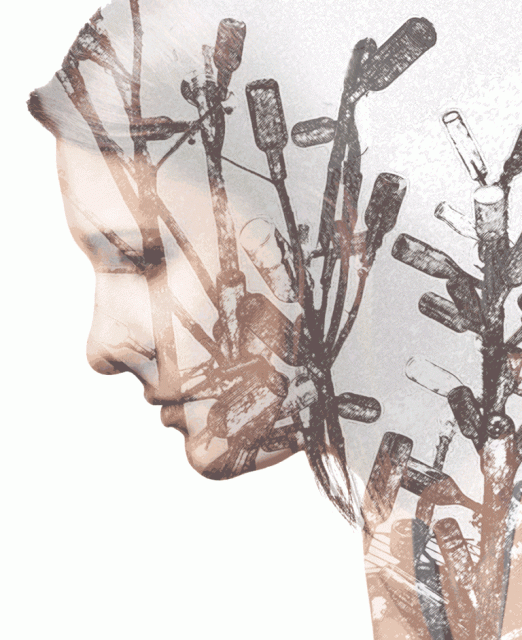
Its publicity claims the subject of Beth Kander's The Bottle Tree to be "gun culture"—a summary akin to declaring “To Kill a Mockingbird” a study of Alabama law practice. However titillating it is to speculate on a killer's motives, or emotionally satisfying to weep for slain victims, these options are open only to survivors like those at the center of Kander's contemplative narrative. What this means is that the day, 10 years earlier, when Doug Mason died from a policeman's bullet after arriving at East Maple High School armed with his great-grandfather's civil war musket and proceeding to open fire on his fellow students, is less important as his half-sister's struggle to endure the hostility of their rural Mississippi townfolk. Assisting Allison in her recovery are a genial therapist, a classmate with a personal connection to the fatal event and a long-deceased family ghost whose wisdom continues to influence her kinswomen, chiefly through the presence in the front yard of a "bottle tree"—a protective talisman against menacing spirits hearkening to slave beliefs often found in Southern regions. Strict adherence to individual experience—outside editorializing is supplied by the framing device of a documentary filmmaker conducting interviews with the characters a decade later—frees Kander from agenda-fueled restrictions to instead introduce audiences to a wide spectrum of ballistic imagery: weapons serving as memorials to ancestral heroes in distant wars, as deterrents to unwelcome predators, as acknowledgment of entry into adulthood and, yes, as a deadly adjunct to an irrational mind. By the time Allison affirms her advocacy of firearms regulation, the instruments under scrutiny have been divested of their mythical aura to be exposed as once-ubiquitous utilitarian objects. Director Amy Szerlong's microcosmic approach to Allison's recollections and subsequent conclusions likewise rejects stereotypes—don't expect any shiny automatic weapons or stealth cannons in this Stage Left production. While the lessons of great-aunt Myrna ( played by the always formidable Kathleen Ruhl ) may reflect attitudes outdated today, there is no denying their validity as a response to their times. Whether you regard firearms as evil destroyers of innocents (sometimes true) or noble guardians of the meek and oppressed (also sometimes true), whether you shudder at the thought of teenagers operating shooting irons—while making exception for combat soldiers and Ralphie Parker's Daisy rifle—if you wear your opinions like body armor, you do well to leave them at the door of this latest in the 30 world-premiere plays making their debut in Chicago this fall.
